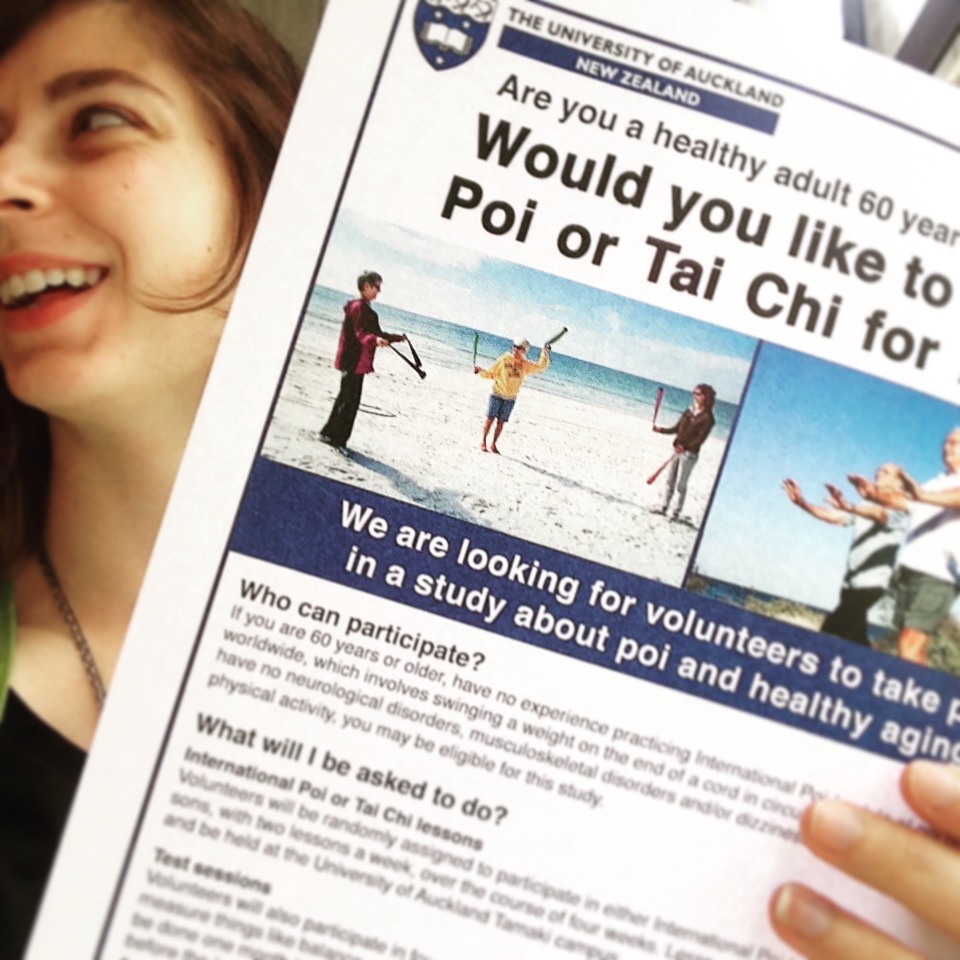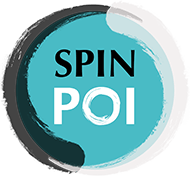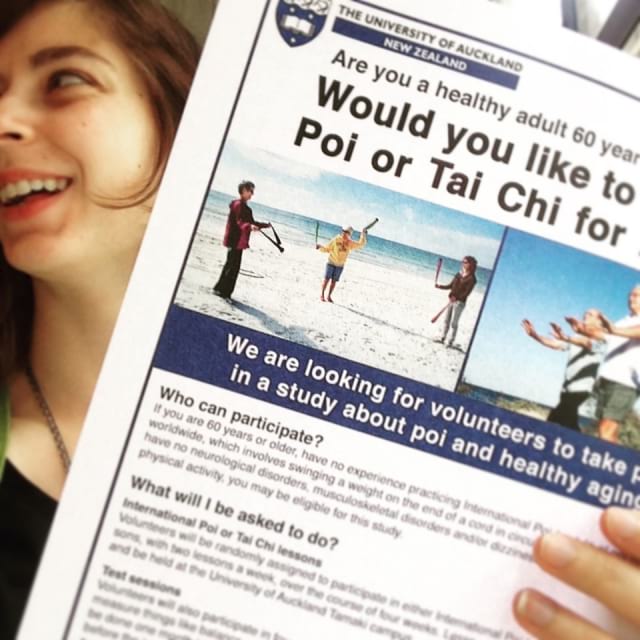Just say No to section G.
With the arrival and approval of Ms. A, the 6 month signature quest seemed to be drawing to a close. The only thing left to do was wait for Ms. A to email my Maori advisor, to let him know of her support. While awaiting this transaction, I asked my PhD supervisor to check with the ethics committee about a few minor things on my application. I wanted it to be flawless before submitting it. After a week or so of silence from all parties, I became worried and restless. What if Ms. A changed her mind? What if she didn’t want to support my research anymore? I would have to start the signature quest all over again! While dwelling over this upsetting imagined future, an email popped into my inbox, and all suddenly became still. It read:
“Kate. Ethics says say no to section G.”
My jaw literally dropped in disbelief. You see, saying “yes” to section G on the ethics form was, well, everything. Saying yes was the reason for the signature quest. Saying yes was the reason for Ms. A and my Maori advisor and the past six months of agony and stagnation. Saying yes created a whole drop down menu of “Identify the group(s) with whom consultation has taken place” and “describe the consultation process” and “attach evidence of the support of the group(s)”….Section G was:
“Are there any aspects of the research that might raise any specific cultural concern?”
And saying “no” to section G, well, saying no was just that. No. And you just move on to section H.
After a few moments of complete and utter shock, I threw on my shoes and coat and traveled to my supervisor’s office faster than my racing thoughts.
“What took you so long?!” he exclaimed as I burst through the door.
“You have to be kidding me….say no to section G?”
“I know” he shrugged. “My feeling is that it would be unethical to say no to this section, but, as the ethics office reiterated when I spoke with them, your research is not about Maori, and it’s not for Maori. It’s a randomized trial. So in that respect your research should not, technically, raise and specific cultural concern.”
“So, I can just submit it? That’s it? We don’t need to wait for Ms. A or anything else?”
“Do it.”
And that evening, I did. But I was skeptical. It just seemed too…easy. And a few days later the ethics committee responded to this hunch with an email, which stated I should to say yes to section G and resubmit. Interesting. I traipsed back to my supervisor’s office.
“Interesting…” he said.
“I know.”
“Well, I spoke with someone pretty high up at the ethics office, and she told me to say no to section G…”
“The email I got did say if I had a reason to not follow the suggested changes, to write a letter explaining why and add it as an addendum to my application.”
“Do it.”
And so I did. My section G justification letter explained it all. It explained that yes, “poi” is a Maori word. And yes, poi is a Maori art form. But poi is also an art form practiced all over the world, with no specific cultural meaning or context. And the purpose of my research was indeed to explore the simple act of swinging a weight on the cord in circular patterns, separate from anything Maori, separate from culture. But that didn’t mean I was uninterested in the cultural influence and meaning…I only, you know, moved half way across the world to do the study in the place poi originated, to include the cultural discourse. And I did consult a Maori advisor. And I did consult Maori poi practitioners. And I did a literature review on Maori health and wellbeing. And I thought about future studies aimed specifically at Maori. And I thought about how this research might have special benefits and implications in Maoridom. But this study, this clinical trial in which I was applying for ethics, technically, and as advised by someone in the ethics office, should not “raise any specific cultural concern.” It was not for Maori, and not aimed at Maori. It was just a scientific study on the fundamental act of swinging a weight around.
And so, after waiting another week because, of course, the online ethics application system went down, I submitted the application again. Within two weeks, it was approved.

LET THE RESEARCH BEGIN!

